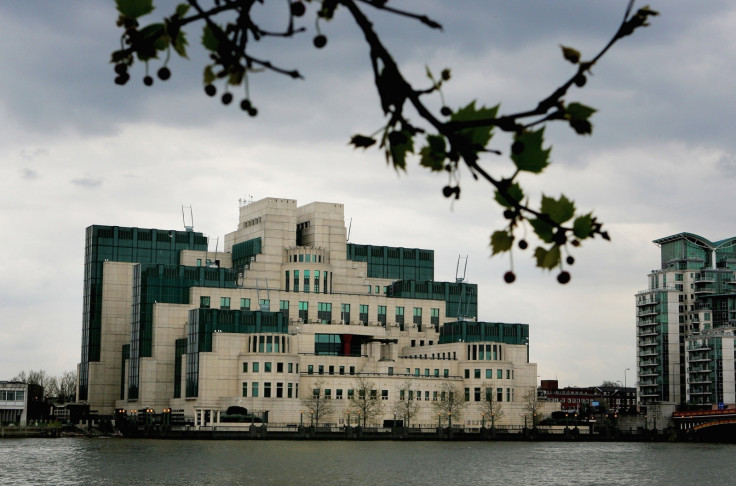Rogue British spies who leak secrets could face 14-years in jail under Secrets Act shake-up
UK Official Secrets Acts facing first independent scrutiny in 100 years.

A major overhaul of the UK's Official Secrets Acts (1911-1989) could mean that civil servants and members of British intelligence working for GCHQ, MI5 and MI6 could soon face unprecedented jail time if they are caught leaking secrets damaging to national security.
According to a 300+ page report released by the Law Commission this week (2 February), spies and government employees who go rogue could soon face up to 14 years in jail for leaks or espionage. At present, under current legislation, the maximum term is two years.
For over 100 years, the Official Secrets Acts have been subject to very little independent scrutiny. They still provide the majority of legal protection in the UK against espionage and unauthorised disclosures, despite first being enacted in the run-up to WW1.
"It is crucial that the United Kingdom has a robust legislative response that meets the challenges posed by espionage in the 21st century," the report states.
"In the digital age, the volume of information that can be disclosed without authorisation is much greater than when the Official Secrets Act 1989 was originally drafted [...] the ability to cause damage to the national interest and the risk of such damage occurring has also increased," it said.
The review was first ordered by the Cabinet Office in 2015. In the two-years since, much has changed in the world of cybercrime, leaking and espionage. Tensions are at an all-time high, especially between the US and Russia over alleged state-sponsored hacking.
The Law Commission, which is an independent non-political body, believes foreign citizens – including operatives working for rival intelligence agencies – should for the first time be liable for prosecution in UK courts if found to have leaked damaging information.
It also urges the UK government to discard outdated terminology like 'plans', 'models', 'sketches' and 'code words' in favour of broader text like 'information'. The review advises expanding the definition of the term 'enemy' to also cover leaks to new terror groups.
The report says the four current Official Secrets Acts (1911, 1920, 1939 and 1989) should be repealed and replaced with two new laws, a data disclosure act and a single Espionage Act. The penalties for breaking these laws should be expanded, the commission argued.
It cited Canadian legislation which enforces up to 14 years for damaging leaks. "The maximum sentence for the [UK offences] is low when compared with offences that exist in other jurisdictions that criminalise similar forms of wrongdoing" the report stated.
"We provisionally conclude that the maximum sentences currently available for the offences contained in the Official Secrets Act(s) are not capable of reflecting the potential harm and culpability that may arise in a serious case," it said.
"Modern threats"
"Before the digital era, anyone engaging in espionage would be limited as to how much information they could access," wrote Law Commissioner Professor David Ormerod QC in an article for the Daily Telegraph. "But now online communications and storage means the volume of information and associated risk is of a very different scale.
"Some offences in the 1911 Act are focussed narrowly on protecting specific locations, but are mainly related mainly to sites of munitions of war. But what about an embassy abroad? Or a data centre? The legislation needs to protect against modern threats.
Yet he denied the changes will usher in a fresh crackdown on whistleblowers from inside the intelligence services or civil services, instead branding them a "rare opportunity."
He continued: "Let me be clear – our proposals aren't about gagging people who have real concerns. In fact we want them to be acted on.
"We suggest that members of the security and intelligence agencies should have a direct reporting mechanism to someone independent of their agency."
The Law Commission first started work on the review in February 2016 and plans to publish a final report later this year. Additionally, a public consultation on the protection of official data is now scheduled to run until 3 April.
A government spokesman said: "We welcome the important work undertaken by the Law Commission, at the request of Government. As the work is ongoing and no final conclusions have been made, it would be inappropriate to comment at this stage."
© Copyright IBTimes 2025. All rights reserved.






















